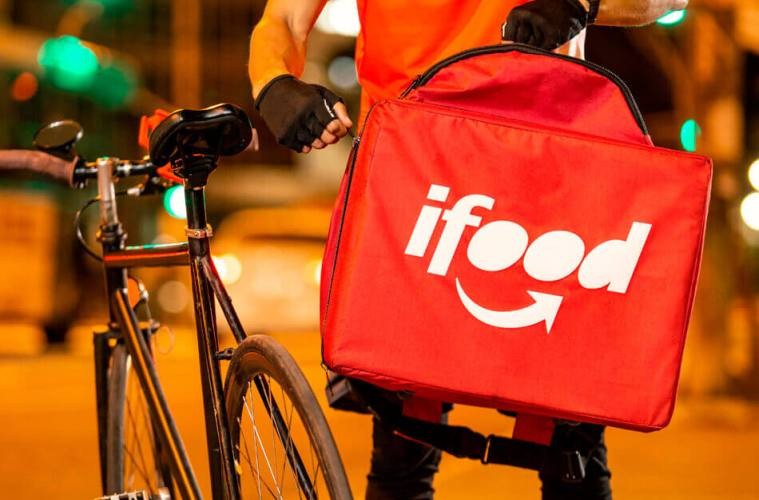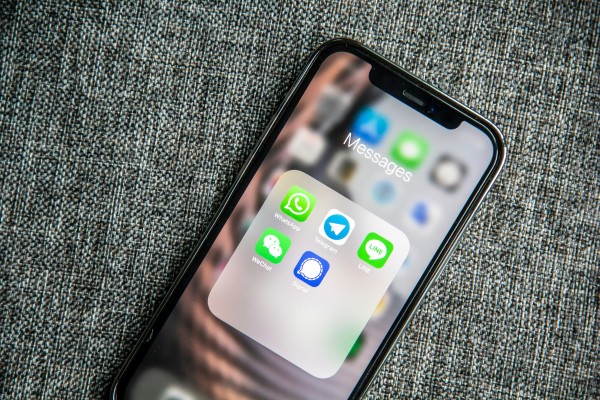Food delivery service iFood has provided answers to questions from Brazil's Administrative Council for Economic Defense (CADE), which is investigating the company's possible anti-competitive practices.
In March of this year, iFood's main competitor Uber Eats left the Brazilian market, citing "the exclusivity model espoused by iFood'' as the reason for its exit. Colombian Rappi filed a petition to CADE demanding the termination of all exclusive iFood contracts with restaurants and bars.
The company claimed that iFood's market share would increase even more with Uber Eats leaving the country. Rappi also argued that the practice of exclusive contracts blocks the market and creates barriers to entry, given the long-term contractual provisions of the agreements and penalties for termination.
iFood leads the market in Latin America with more than 80% market share in the food delivery sector. iFood operates in more than 1,700 cities in Brazil and Colombia, serving 40 million consumers through its network of about 200,000 active delivery drivers.
In addition, Rappi believes that the closure this November of Delivery Center, a service focused on restaurants and stores in shopping malls, further argues for the reopening of CADE's investigation into iFood.
On Friday, July 15, iFood answered a series of questions from CADE and asked for confidential treatment and limited access for its answers. Currently, only CADE and iFood itself can see the company's answers.
According to CADE, the purpose of the questions was to assess whether "anticompetitive conduct in the form of abuse of a dominant position" occurred in the case of iFood.
It is known that the regulator asked the company to provide information on the number of restaurants with exclusive contracts with the platform and the gross merchandise value (GMV) of these partners for the last three years. The regulator also wanted to know what benefits iFood offered partners in exchange for exclusivity.
Another important point that caught the regulator's attention was the criteria for displaying establishments in the iFood app. The company was asked to explain how the pricing for the visibility of exclusive and non-exclusive restaurants works," and to provide information "on how the algorithms work and what factors affect [restaurants'] position on various restaurant lists."
iFood advocates that the investigation be postponed and argues that Brazil's food delivery market is dynamic and that the company complies with antitrust laws.
The company also argues that exclusivity agreements are necessary to ensure a return on investment. In addition, iFood has proven successful market entry for several other players in recent years.
"The intention is to determine whether the company has exceeded the limits of what would be reasonable to protect the investment,"
CADE said.
Last year, ABRASEL, the Brazilian association for bars and restaurants, filed a complaint with CADE asking it to stop exclusive deals for all platforms.
In March 2021, CADE passed a preventive measure preventing iFood from entering into new exclusive contracts with restaurants and bars. However, the decision did not apply to exclusive contracts that had been signed before.
In a conversation with Valor, a CADE spokesperson said that the investigation could end in late 2022 if no further information on the case is needed.
Sources: The Brazilian Report, Valor



